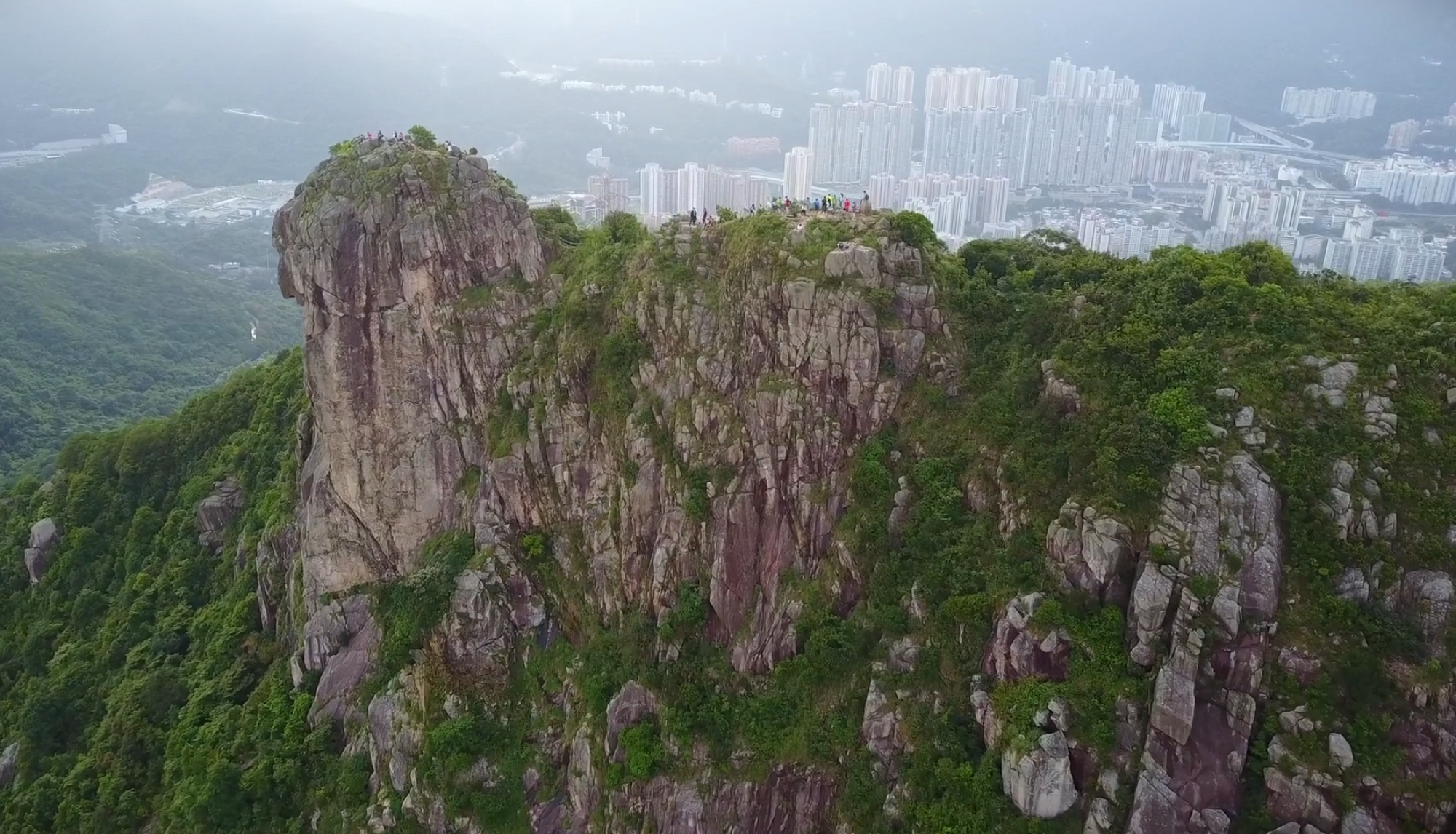I am Taiwanese Canadian; the order of those words does not matter, and I get to pick and choose the best of both worlds.
Creator:
Carolyn Wang 王郁庭 (she/her)
A common experience among Hong Kong diaspora (but also other diasporic groups) is to be part of an astronaut family: a type of family configuration in which a parent move back to their place of origin while the rest of the family remains in the new home. The goal is for the parent who moved back to earn more money than they would if they had stayed in the new environment, allowing the family to have more money and purchasing power. Despite such advantages, this is an immensely stressful arrangement for everyone involved: The parent who went “home” becomes isolated from the rest of the family for an extended period of time; the parent who stays is forced to play multiple roles as the sole parent in the home, and the child(ren) end(s) up experiencing a significant lack of parental support from one parent. Altogether, these dynamics often lead to fraught relationships between family members, leading to conflict and even marital dissolution. Carolyn’s poem is an emotionally powerful account of her experience within an astronaut family and lots of other diasporic experiences that many other migrants have also had. What might allow for greater psychological and relational resilience between and within family members in astronaut families?
